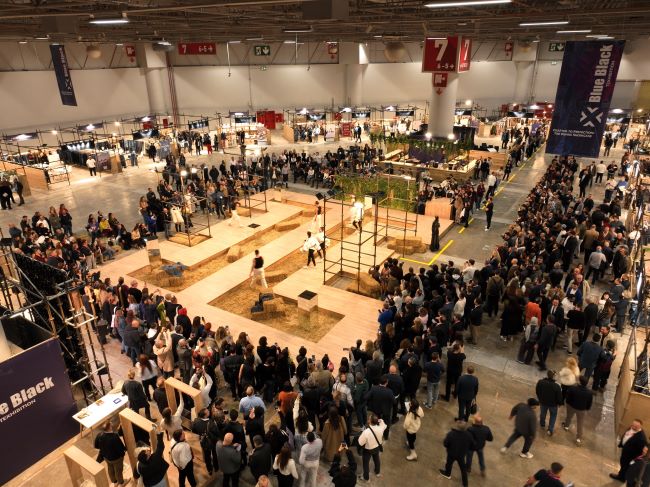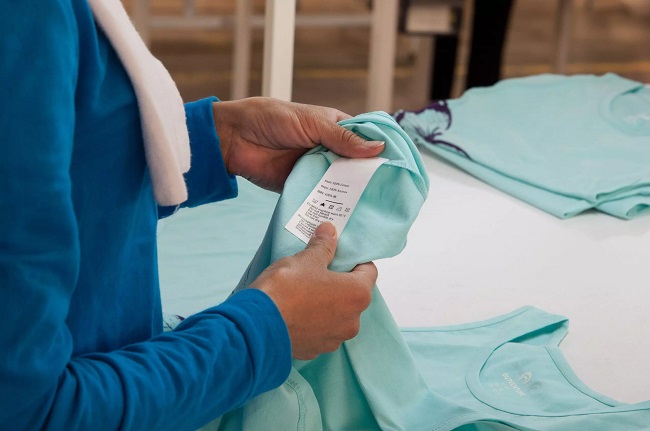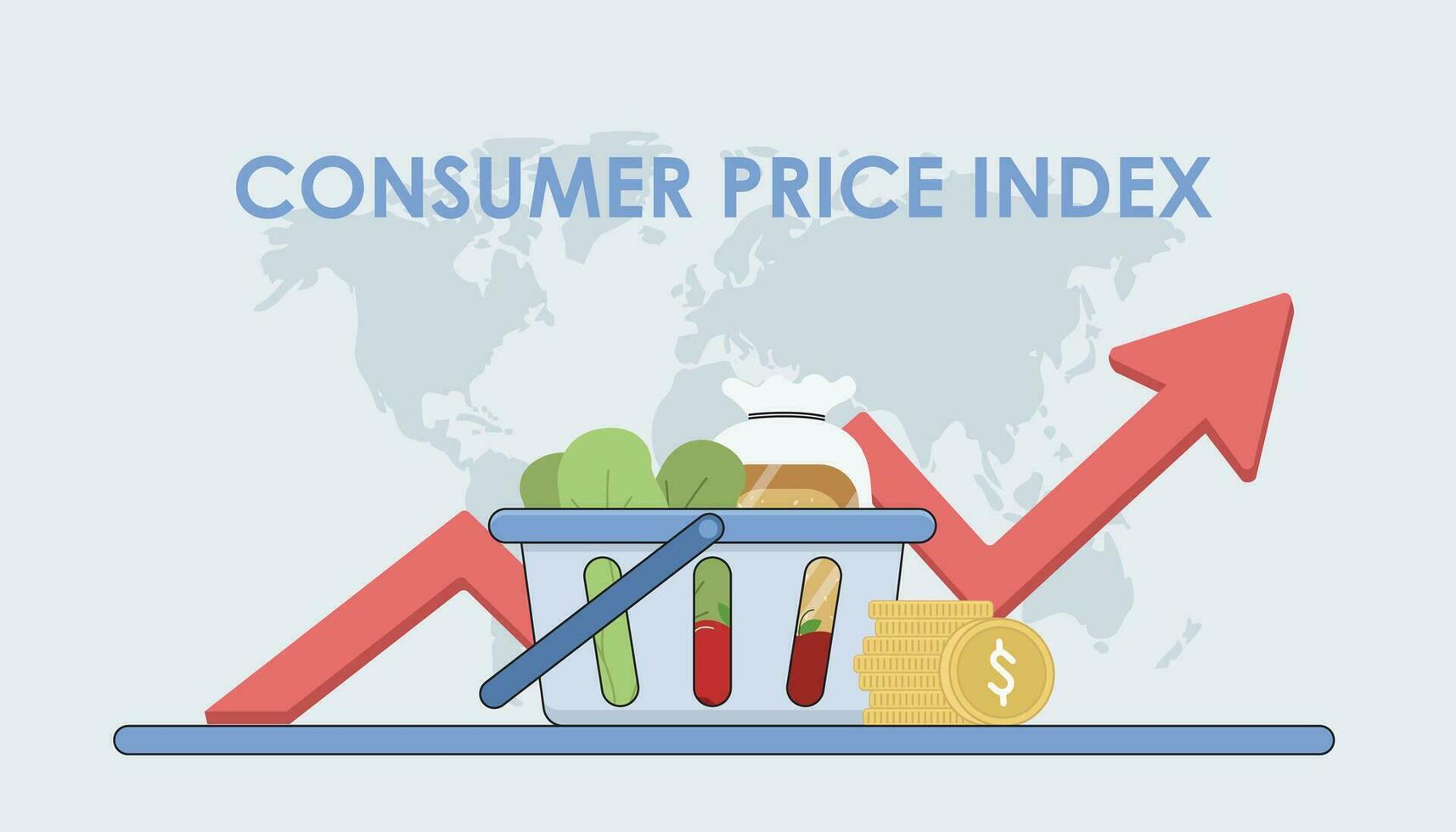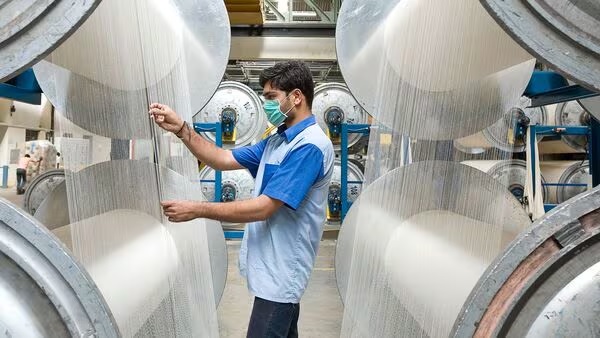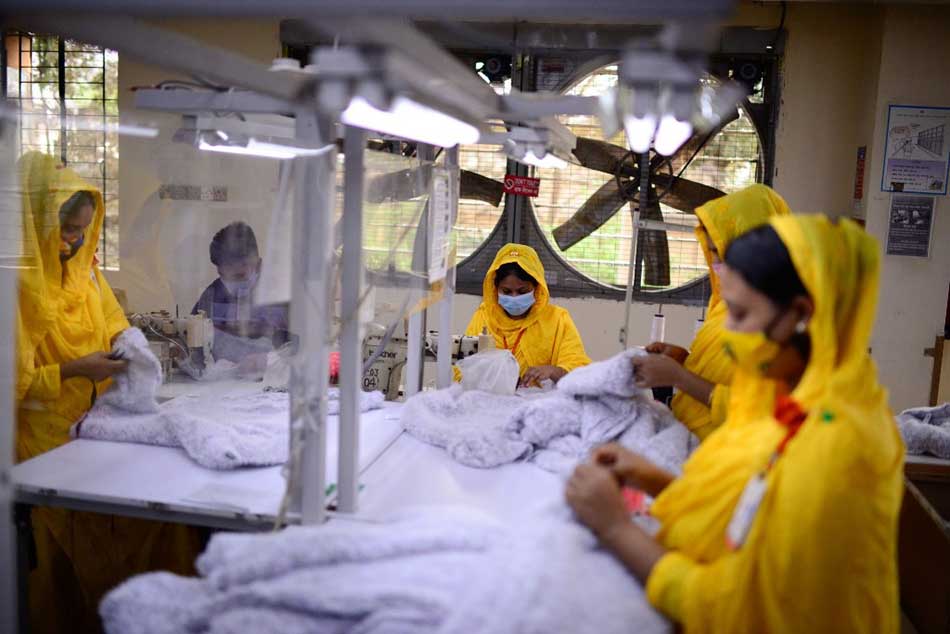
Apparel Industry experts in Bangladesh believe, the country is fully equipped to cope with the European Union’s recent decision end to fast fashion by 2030
The EU recently announced an expansion of its eco-design rules in textile products. The Union also urged big companies to disclose the volume of unsold inventory held by them.
The new rules mandate companies to refurbish their clothing designs to meet the prescribed criterion including disclosing of information on everything including the garment’s shell life to the amount of recycled yarns used to make it. The rules accord each of the reviewed garments with a digital product passport to check its recyclability and control greenwashing. They also prohibit destruction of unsold or returned goods
To ensure conformity, Bangladesh is collaborating with brands like H&M, M&S, G-Star and others. Ziaur Rahman, Regional Country Manager, H&M-Bangladesh, Pakistan and Africa says, the brand is supporting the European Commission’s efforts to establish a coordinated policy framework and a level playing field. However, it also supports the decisions of the local authorities and calls for collaboration between the two to enable the transformation of the entire industry, he adds.
Manufacturers maintain their stance
Bangladesh apparel manufacturers have also renewed their vision to keep pace with the new international strategies. The renewed vision was unveiled by the Bangladesh Garment Manufacturers and Exporters Association (BGMEA) on July 5. The renewed vision states, Bangladesh apparel exporters will reduce emissions of GHG by 30 per cent by 2030 and increase use of sustainable materials by at least 50 per cent besides reducing blue water footprint by 50 per cent
The sector also aims to reduce energy consumption by 30 per cent and use at least 20 per cent of renewable energy. Apparel manufacturers will invest $1 billion in sustainable communities besides ensuring complete sustainability in data reporting, increasing the number of green factories by 80 per cent production efficiency by 60 per cent.
Faruque Hassan, President, BGMEA, reveals, the association has been working in tandem with the European Commission and will emphasize on establishing a sustainable and circular economy. BGMEA is also working with P4G-funded Circular Fashion Partnership (CPF) initiative to achieve a long-term, scalable transition to a circular fashion, he adds.
Bangladesh leads the world in all aspects regarding sustainable factory and circular fashion, explains Mohiuddin Rubel, Director, BGMEA. The country has 163 LEED-certified green factories with 550 more in the pipeline, he adds. Now it is creating a situation that ensures no factory will survive without being sustainable.

